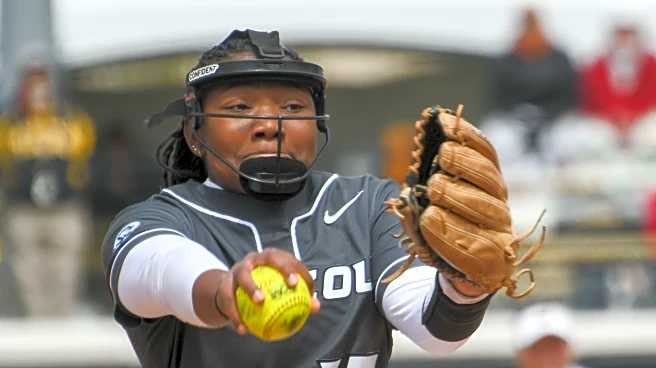What's Happening?
The UK government has initiated a letter-writing campaign aimed at encouraging students from deprived areas to consider university education. The campaign involves sending personalized letters from current university students to sixth formers with top GCSE results in regions with low progression rates to higher education. These letters, written by students who share similar backgrounds, aim to make higher education feel more accessible and challenge the perception that university is only for the privileged. The initiative is part of a broader effort by the government to break the link between a young person's background and their success, with further details expected in an upcoming white paper.
Why It's Important?
This campaign is significant as it addresses educational inequality and aims to increase university enrollment among disadvantaged students. By providing personalized encouragement and information about financial support, the initiative seeks to empower students to pursue higher education regardless of their socioeconomic background. This could lead to a more diverse and inclusive university environment, potentially reducing the gap in educational attainment between privileged and disadvantaged students. The campaign also highlights the importance of universities actively reaching out to talented individuals from all backgrounds.
What's Next?
The government plans to release a white paper detailing further measures to support disadvantaged students in accessing higher education. Universities may need to implement additional outreach programs and provide more financial aid options to attract and support these students. The success of the campaign could lead to similar initiatives in other regions or countries facing educational disparities.
Beyond the Headlines
The campaign raises ethical questions about the role of universities in promoting social mobility and the responsibility of educational institutions to ensure equal access to opportunities. It also highlights the potential long-term impact of increased diversity in higher education, which could lead to broader societal changes in perceptions of privilege and success.











